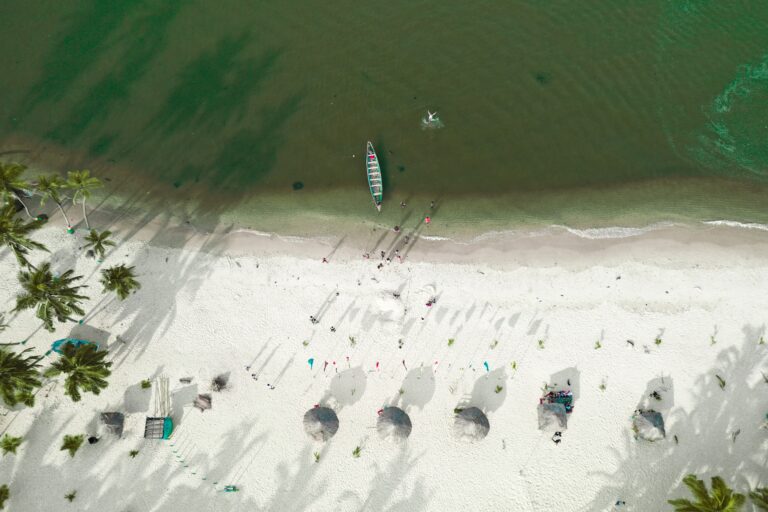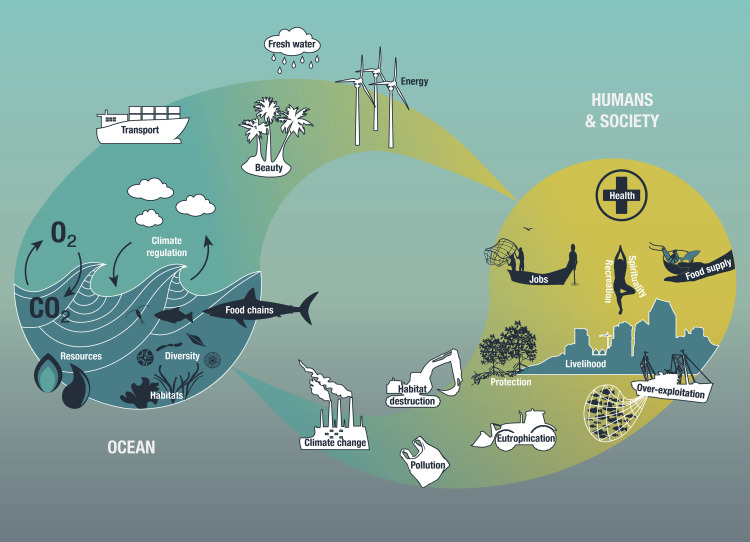OCEAN ACCOUNTS Background Information

Western Indian Ocean countries are steadily turning to their oceans to stimulate economic growth and ocean resource – use security in what are termed ocean economies. Governance of such resource – uses is becoming critical in ocean policy development and management, and “blue economy” approaches places sustainability and inclusivity at the centre of such governance. Because ocean policy development has an intrinsic spatial component, countries are turning to Marine Spatial Planning or Integrated Coastal Zone Management to drive the necessary trade-off decision making processes. Trade–offs require value estimations and ocean economies have in the past been largely valued as sectoral contributions to Gross Domestic Product (GDP). By providing qualifiable and quantifiable physical and monetarised values of the benefits from and costs to economic, social and environmental systems of an ocean economy, ocean accounts provide important inputs into spatial planning, economic strategy development, sustainability indicators and measures of inclusivity that are consistent and standardised across spatial and temporal domains (Findlay et al., 2020). Value metrics estimated over time provide trend data that are critical in evidence-based ocean governance and policy development, including trade-offs to balance ocean resource use, sustainability and inclusivity.

Explore local case studies and related work in a South African context continue exploring this site.
Learn more about Ocean Accounts and the Global Ocean Accounts Partnership visit
https://www.oceanaccounts.org/tag/about/
Learn more about Ecosystem Accounting (the SEEA-EA) where both African and global related projects
are represented visit https://seea.un.org/ecosystem-accounting
Get involved from an African perspective go to The GOAP Africa Community of Practice (ACoP)